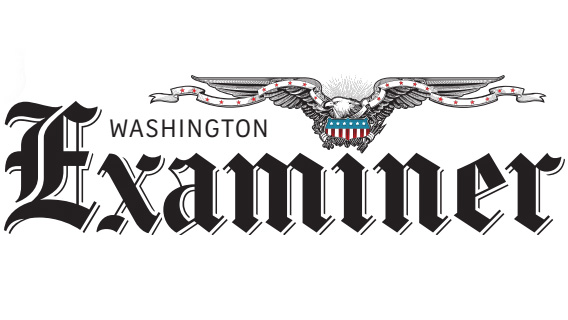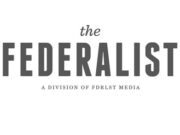Our charitable giving, what nonprofit organizations we contribute to, says a lot about us. If I know that you contribute to the NAACP Legal Defense Fund, for example, I know something about you. And what I know is very different than if I know you’ve contributed to the NRA Civil Rights Defense Fund.
So, it’s not surprising that many people choose not to publicize their charitable giving. Sometimes, they don’t want conflict with neighbors or business associates with different views. Sometimes, large donors don’t want friends and neighbors to know how much money they have. For some, their religion dictates that giving be done in private. Others simply don’t want to be hassled by other gift seekers. And in today’s polarized political environment, donors to even marginally-controversial charities, such as the NAACP and NRA defense funds, might face boycotts, harassment, threats, and even violence from persons favoring opposing views and causes.
For many years now, the IRS has required nonprofits to report their major donors to the IRS on what is known as Form 990, Schedule B. Recognizing the sensitive nature of this information, however, charitable organizations are not required to make this information public, and the IRS is prohibited by law from making it public.
Unfortunately, the IRS is not always successful at keeping the information secret. For example, a few years ago, Schedule B information on donors to the National Organization for Marriage, NOM, a nonprofit that promotes traditional marriage, was leaked to activists advocating for same-sex marriage. As a result, donors to NOM faced physical threats and harassment from opponents of NOM’s cause.
Moreover, this information can be used improperly within the IRS. Certainly, most IRS employees are fair and responsible, but it only takes a handful of bad apples to use this information to harass citizens for the views and causes supported by their charitable giving.
The form is also an administrative burden for charities. The Institute for Free Speech estimates that Schedule B repeal would save charities and other nonprofits an estimated $63 million in costs spent complying with the dictates of the form.
Making the situation worse, some state attorneys general, notably in New York and California (two states that are major sources of charitable giving) are now demanding that charities file Schedule B with the state before they are allowed to solicit donations or operate in these locations. Unlike with the IRS, there are no adequate safeguards preventing state regulators from releasing this sensitive information. In California, in fact, information on donors to thousands of nonprofits was made available on the Internet.
In court testimony, regulators in California admitted that this information has played no role in enforcing state laws regulating charities. Yet, the attorneys general insist that they need it for vague, undefined “law enforcement” reasons. Tammy Ripperda, a former director of exempt organizations, i.e., nonprofits, at the IRS, has also noted that the information on Schedule B is not necessary to enforce federal tax law.
So, why collect the info? Giving the government needless information about our personal beliefs and private giving is like wearing a sign on your back: “Kick me!” Most people won’t, but someday, someone might.
Rep. Peter Roskam, R-Ill., has taken a first step to ending abuses of privacy by introducing H.R. 4916, the Preventing IRS Abuse and Protecting Free Speech Act, which would reverse current law and prohibit the IRS from collecting this information. This legislation passed the House in the last Congress, but was not taken up in the Senate. Its best chance to pass this year will be through its inclusion in the omnibus budget bill currently being negotiated in both chambers.
H.R. 4916 can’t entirely solve the problem, because states could still demand the information separately. But they’ll have to put some thought into it and come up with a more serious justification if they can’t just demand an existing IRS form.
Donor privacy is worth protecting. Protecting donor privacy may also help to cool down one of the nastier political trends of recent years: trying to harm others simply to retaliate for the beliefs they hold and the causes they support, rather than engaging in civil debate. If Congress wants to protect donor privacy and de-weaponize the IRS, Schedule B repeal is a good start.














